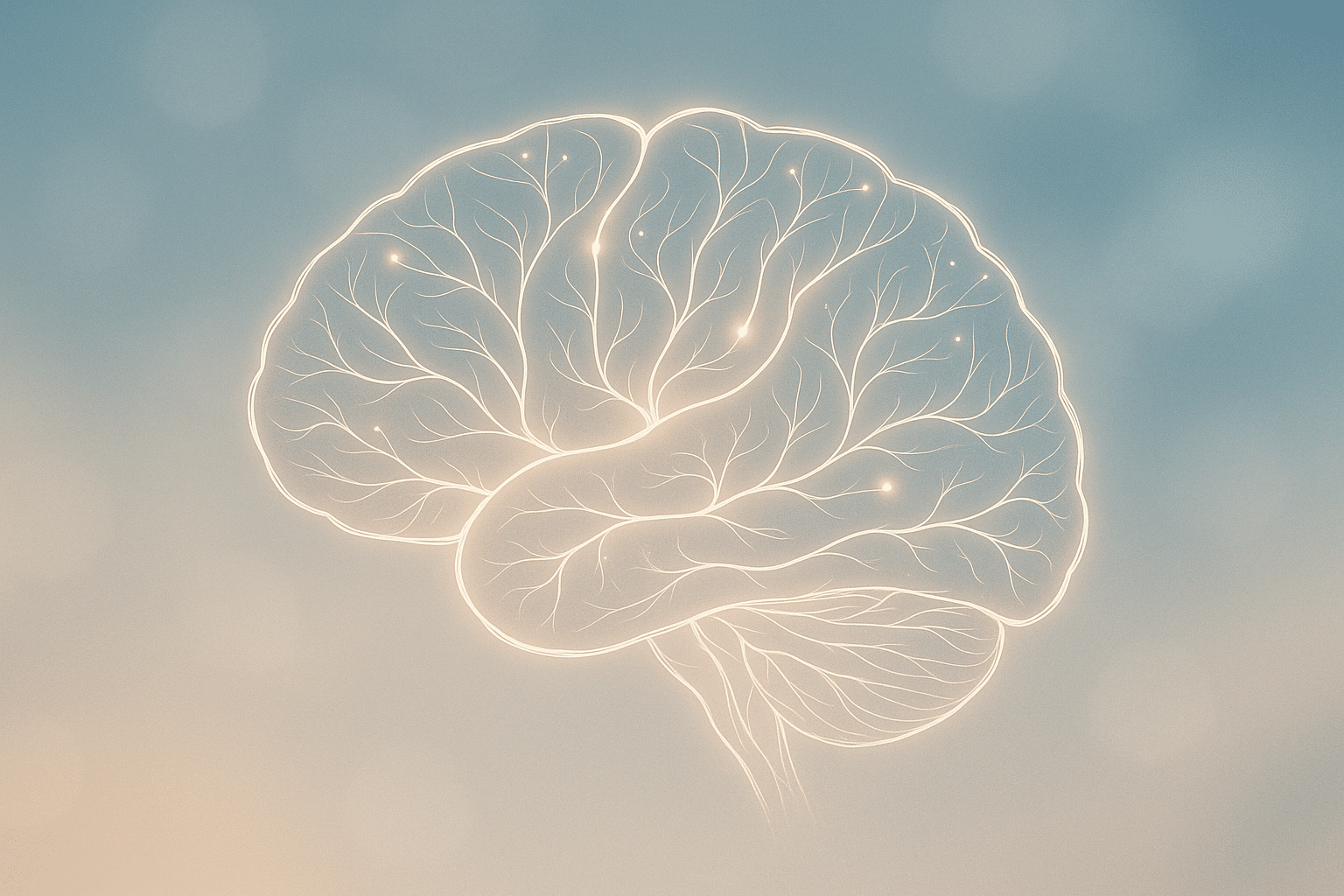If you are like most people, you probably think that acute and chronic medical conditions are one and the same. After all, they both have to do with health, right? Wrong! While acute and chronic medical conditions may share some common characteristics, there is a big difference between the two. In this blog post, we will take a closer look at acute vs. chronic medical conditions and help you understand the key differences between them.
What’s the difference between acute and chronic conditions?
- Acute illnesses generally develop suddenly and last a short time, often only a few days or weeks.
- Chronic conditions develop slowly and may worsen over an extended period of time— months to years.
What are the causes for acute and chronic conditions?
- Acute conditions are often caused by a virus or an infection, but can also be caused by an injury resulting from a fall or an automobile accident, or by the misuse of drugs or medications
- Chronic conditions are often caused by unhealthy behaviors that increase the risk of disease—poor nutrition, inadequate physical activity, overuse of alcohol, or smoking. Social, emotional, environmental, and genetic factors also play a role. As people age, they are more likely to develop one or more chronic conditions.
What are the symptoms, and how do you treat acute and chronic conditions?
- Acute diseases come on rapidly, and are accompanied by distinct symptoms that require urgent or short-term care, and get better once they are treated. For example, a broken bone that might result from a fall must be treated by a doctor and will heal in time. Sometimes, an acute illness, such as the common cold, will just go away on its own. Most people with acute illnesses will soon recover. If hospitalized for an acute illness, after your condition improves, you’ll likely be eager to return to the comfort and familiarity of home. But being discharged from the hospital doesn’t mean you’re fully recovered. Learn more about measures can take to help hasten the return to your normal routine.
- Chronic conditions are slower to develop, may progress over time, and may have any number of warning signs or no signs at all. Common chronic conditions are arthritis, Alzheimer’s disease, diabetes, heart disease, high blood pressure, and chronic kidney disease. Unlike acute conditions, chronic health conditions cannot be cured—only controlled. Living with chronic illness or managing the symptoms of a chronic condition can often be done by creating a health care plan in partnership with your physician—the plan may include taking medication, healthy eating, physical or occupational therapy, exercise, or complementary treatments, such as acupuncture or meditation. Frequently, chronic conditions can be prevented by practicing healthy lifestyle behaviors, such as staying physically active, maintaining a healthy weight and nutritional status, limiting sun exposure, and refraining from drugs, smoking, and excessive alcohol use.
Examples of acute and chronic medical conditions
Acute medical conditions
- Asthma attack
- Broken bone
- Bronchitis
- Burn
- COVID-19
- Common cold
- Flu
- Heart attack
- Pneumonia
- Respiratory infection
- Strep throat
Chronic medical conditions
- Alzheimer’s / Dementia
- Arthritis
- Chronic obstructive pulmonary disease (COPD)
- Depression
- Diabetes
- Heart disease
- High blood pressure
- High cholesterol
- Obesity
- Osteoporosis
- Stroke
Why self-management for chronic conditions matters ?
If you are one of the 80% of older adults who have a chronic condition, talk to your doctor about potential treatment options that can help you control your symptoms. Managing your condition through self-management could keep your symptoms from getting worse. And if you’re caring for someone who has a chronic condition, a medical alert system may help bring you peace of mind.
Source:
https://www.ncoa.org/article/chronic-versus-acute-disease




